 |
 |
 |
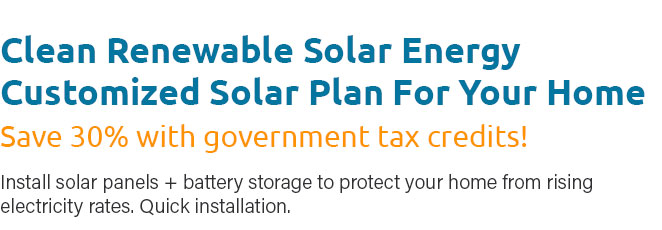 |
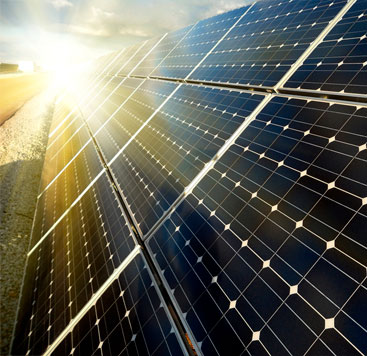 |
 |
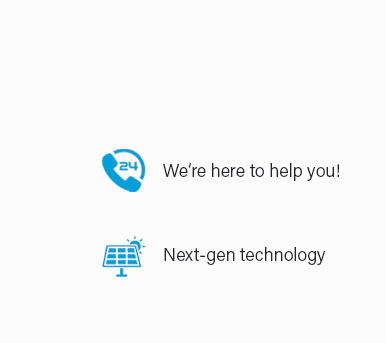 |
 |
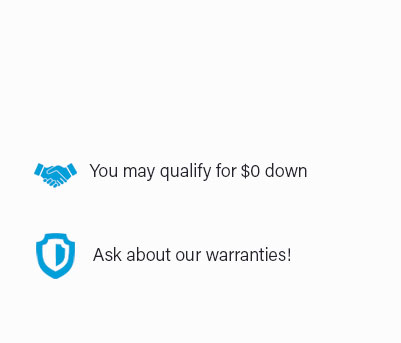 |
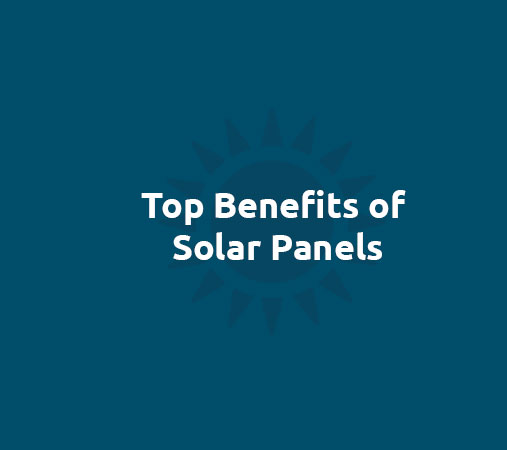 |
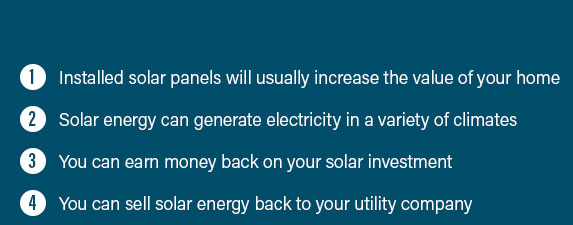 |
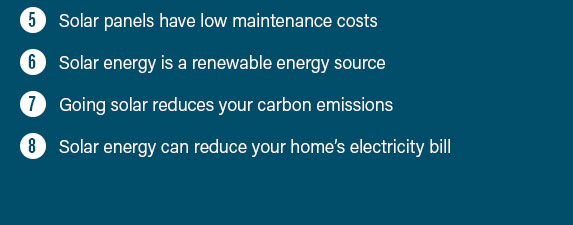 |
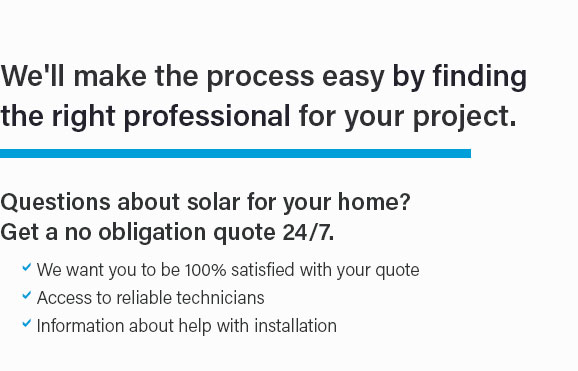 |
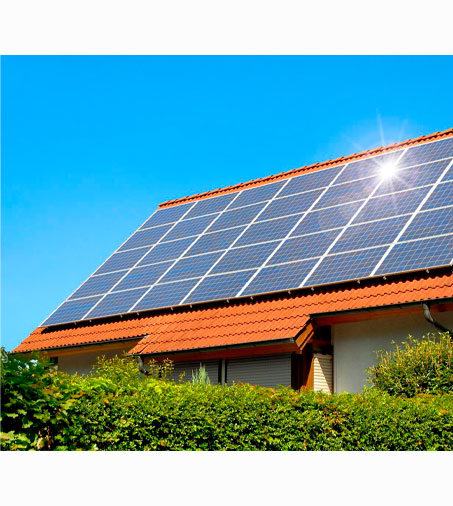 |
|
 |
 |
 |
|
Unlock the future of energy savings with our unbeatable solar panel installation quotes-designed to slash your electricity bills and revolutionize your home's energy efficiency; our transparent pricing demystifies the costs of installing solar panels, ensuring you get the best value for your investment while contributing to a sustainable planet, so take control of your energy destiny today and let the sun power your tomorrow!
https://freedomsolarpower.com/cost-of-commercial-solar-panels-and-installation
The average net price of a commercial solar system is $200,000. This cost could be more or less depending on the size of your building, how much energy you use, ... https://nrgcleanpower.com/learning-center/how-much-do-solar-panels-cost-in-california/
Nationally, the average cost for solar installation is around $3 to $4 per watt, whereas in California, it is slightly lower, ranging from $2.50 to $3.45 per ... https://www.fixr.com/costs/solar-panel-installation-california
The state average cost to install solar panels before tax credits is $14,460 to $19,260, with most homeowners paying around $16,860 to install a 6 kW system ...
|